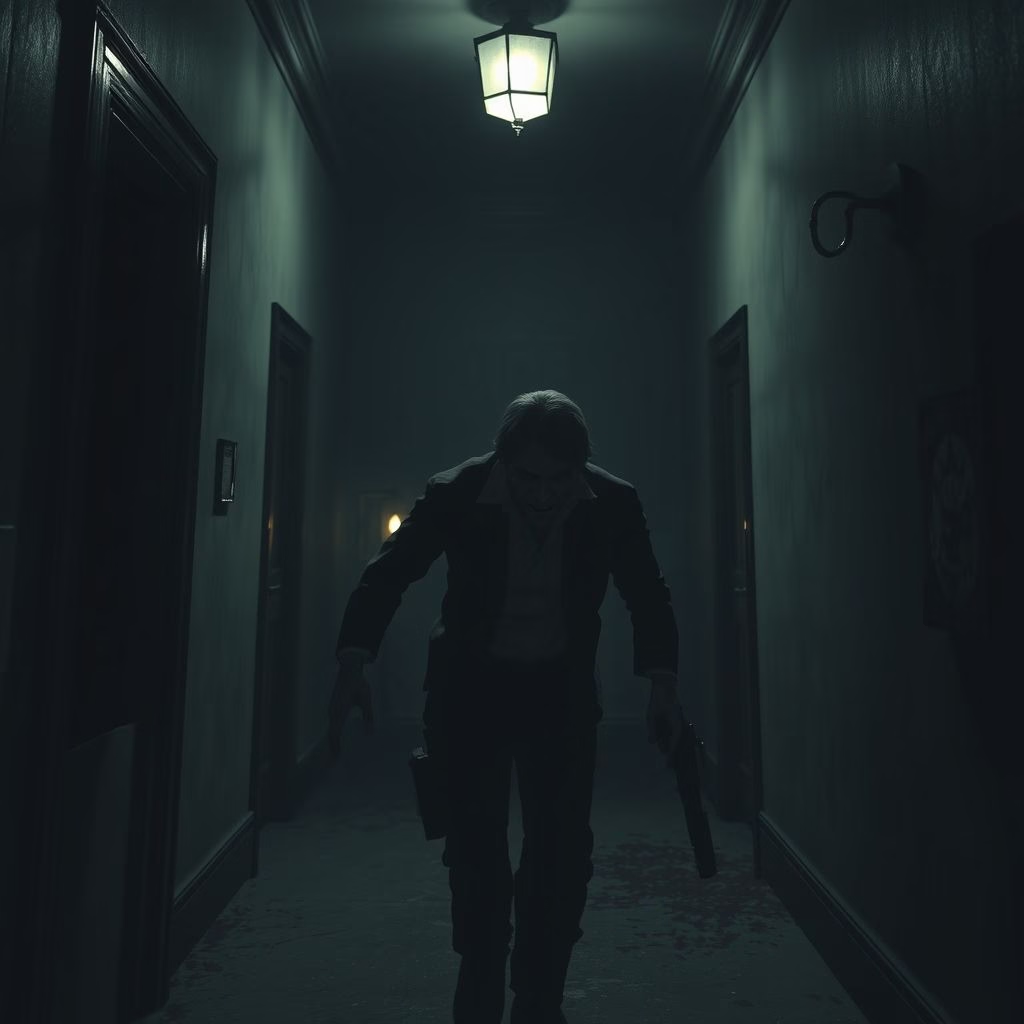From Mansion to Millions: The Enduring Legacy of Resident Evil

A Biohazard That Became a Blockbuster: The Resident Evil Phenomenon
In the vast landscape of video games, only a select few franchises achieve the status of a cultural phenomenon. Resident Evil, known as Biohazard in Japan, is undoubtedly one of those. Created by the Japanese video game giant Capcom, the series began its life in 1996 and has since evolved from a tense survival horror experience into a multimedia empire, captivating audiences across the globe.
The Genesis of Fear: Survival Horror Redefined
The original Resident Evil, released on the PlayStation, was a pivotal moment in gaming history. It didn’t just introduce players to the horrors of the Spencer Mansion; it defined the survival horror genre. Players were thrust into a world of limited resources, terrifying undead creatures, and a palpable sense of dread. This formula, built on exploration, puzzle-solving, and strategic resource management, quickly resonated with gamers seeking a truly immersive and terrifying experience. The influence of this initial entry is still felt in countless horror games today.
From Zombies to Action: A Genre-Bending Evolution
The Resident Evil series isn’t just about a single formula; it’s about evolution. While the early games focused on the claustrophobic terror of survival horror, the series incorporated more action-oriented gameplay in later installments. This shift, while sometimes divisive among fans, demonstrated the franchise’s willingness to adapt and experiment. The core elements, however – zombies, mutated creatures (the results of Umbrella Corporation’s experiments, of course), and a constant sense of threat – remained. The series showcased the terrifying possibilities of bio-weaponry, something that has become synonymous with the franchise.
A Multi-Media Monster: Beyond the Games
The success of Resident Evil extends far beyond the realm of video games. The franchise has spawned a successful live-action film series that has grossed over a staggering $1.2 billion. Animated films, comic books, and other merchandise further cemented its place in popular culture. This multimedia expansion demonstrates the enduring appeal of the franchise’s core themes and characters, ensuring that Umbrella Corporation‘s legacy of horror continues to spread across various mediums.
A Sales Titan: Capcom’s Crown Jewel
The numbers speak for themselves. Resident Evil is Capcom’s best-selling franchise and the best-selling horror game series of all time. By March 2025, the franchise had sold over 170 million copies worldwide. This incredible feat is a testament to the quality of the games, the enduring appeal of the characters, and the series’ ability to consistently deliver thrills and scares. It’s a remarkable achievement for a series that started with a single, terrifying mansion.
Returning to the Roots: A New Perspective
More recent installments have seen a return to the survival horror roots that made the series famous, most notably with the first-person perspective introduced in Resident Evil 7: Biohazard and continued in Resident Evil Village. These games, with their focus on atmosphere, dread, and limited resources, have demonstrated that the franchise can continue to evolve while still delivering the core experience that fans have come to love. It’s a clear indication that Resident Evil‘s legacy is secure.
The Enduring Appeal of Fear
Resident Evil‘s enduring popularity comes down to several factors. It’s a series that understands the power of suspense, the thrill of the unknown, and the primal fear of the monsters lurking in the shadows. It’s a franchise that consistently delivers memorable characters, compelling stories, and heart-pounding gameplay. From the eerie halls of the Spencer Mansion to the sprawling environments of the later games, Resident Evil has proven itself to be a masterclass in horror, and it continues to scare and thrill audiences around the world.



